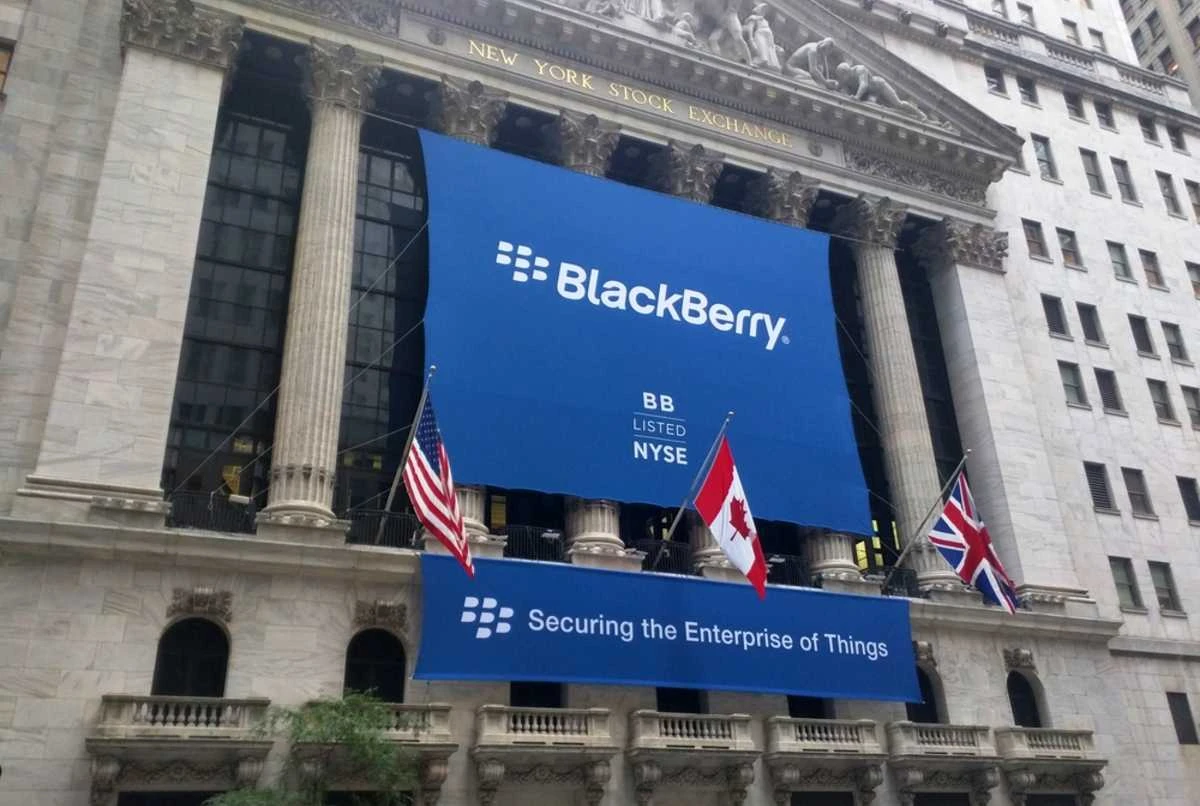BlackBerry has reported financial results for the three months and fiscal year ended February 28, 2022, with revenue falling to $185 million from $210 million a year earlier.
The company, which reports in U.S. dollars, says it earned US$12 million on US$718 million of revenues in 2021, compared with a loss of US$1.1 billion on US$893 million in 2020.
For the three months ended Feb. 28, it earned 25 cents per basic share, compared with a loss of 56 cents per share or US$315 million in the fourth quarter of 2021. Adjusted profits were US$6 million, down from US$14 million in the prior-year quarter.
Revenues decreased 12 per cent to US$185 million from US$210 million with $122 million coming from cybersecurity, $52 million from internet of things (IoT) and $11 million from licensing.
Analysts on average expected BlackBerry would post US$29.3 million in adjusted losses on US$186.8 million in profits.
John Chen, Executive Chairman & CEO, BlackBerry touted the IoT business:
“We’re pleased with the progress that BlackBerry made this quarter. The IoT business recorded its first $50m-plus revenue quarter since the start of the pandemic. In addition to overcoming a number of industry-wide challenges, such as supply chain constraints and the war in Ukraine, the QNX business set another record for quarterly design-related revenue, demonstrating both strong fundamentals and momentum for the business,” said Chen.
“We’re also excited about the prospects for the Cybersecurity business given another quarter of billings growth and further strengthening of the team with industry expertise in both sales and product development. The key components are in place, and we expect continued billings momentum this year.
Following the demonstration of our BlackBerry IVY edge-to-cloud data platform on auto-grade hardware at CES, we have secured a number of Proof-of-Concept trials.”
BlackBerry Fourth Quarter Fiscal 2022 Financial Highlights
- Total company revenue was $185 million.
- Total company non-GAAP gross margin was 68% and GAAP gross margin was 67%.
- IoT revenue was $52 million, with gross margin of 85% and ARR of $93 million, an 11% increase year-over-year.
- Cybersecurity revenue was $122 million, with gross margin of 61% and ARR of $347 million.
- Licensing and Other revenue was $11 million, with gross margin of 55%.
- Non-GAAP operating profit was $8 million. GAAP operating profit was $146 million.
- Total cash, cash equivalents, short-term and long-term investments were $770 million.
- Total net cash position was $405 million.
- Net cash generated from operating activities was $10 million.
Business Highlights & Strategic Announcements
IoT
- BlackBerry QNX records a record number of new design wins in a quarter: 17 in Auto and 28 in the General Embedded Market (GEM).
- BlackBerry announces first BlackBerry IVY™ proof-of-concept, or POC, trial with PATEO, a leading Chinese tier 1 supplier, and a Chinese electric vehicle automaker to integrate IVY into a digital cockpit.
- BlackBerry and Marelli expand collaboration in China with BlackBerry QNX® Neutrino® RTOS and BlackBerry QNX® Hypervisor selected to power next generation cockpit technology.
- BlackBerry® QNX® real time operating system selected by Critical Software as the foundation for a railway protection system for Portugal’s national rail network.
- BlackBerry® Jarvis® enhanced to include standardized reporting that enables compliance with the U.S. government’s recent Executive Order relating to the software bill of materials.
Cybersecurity
- BlackBerry receives maximum AAA rating from SE Labs following their Enterprise Advanced Security Test that used real-world hacking tactics against BlackBerry® Protect and BlackBerry® Optics.
- BlackBerry® SecuSUITE® encrypted communication solution endorsed for NATO use by the NSAB.
- BlackBerry® AtHoc® is being deployed, in partnership with TELUS, by all municipalities and the regional police in Niagara, Canada, displacing a key competitor’s solution.
- BlackBerry releases annual threat report, highlighting a cybercriminal underground which has been optimized to better target small local businesses.



